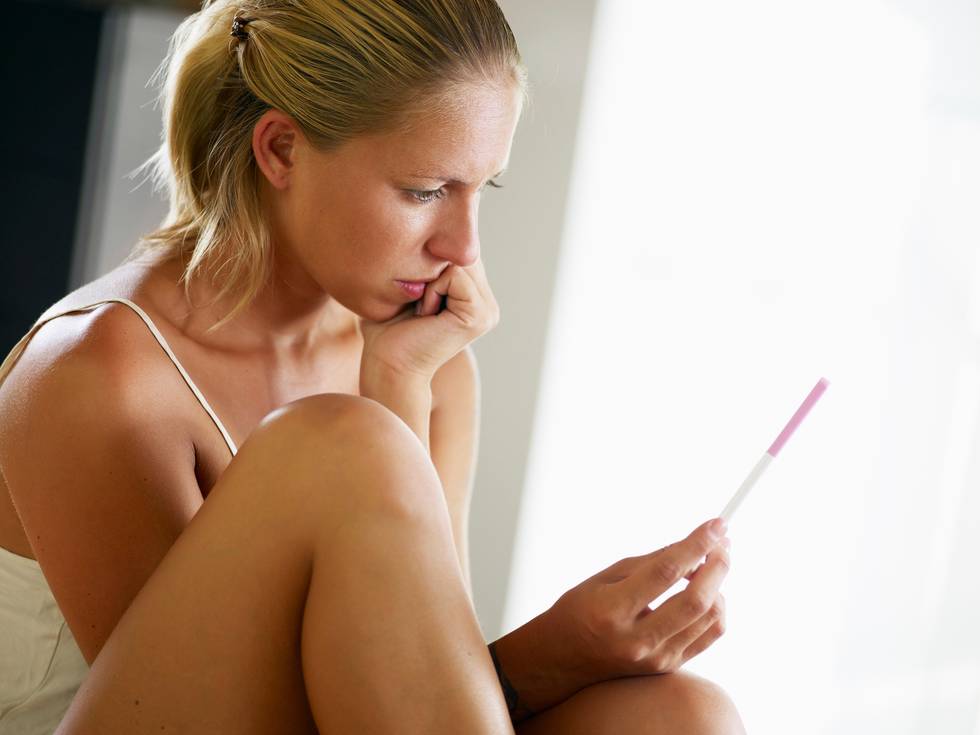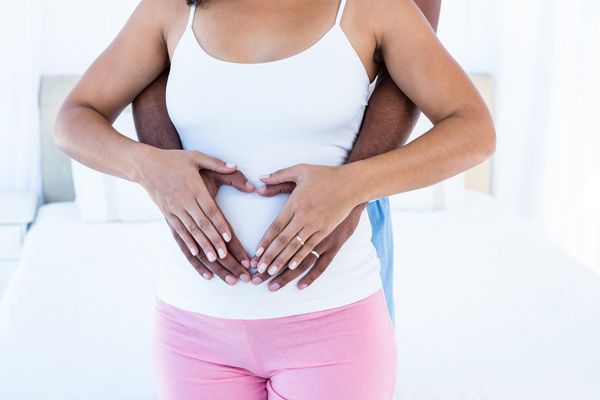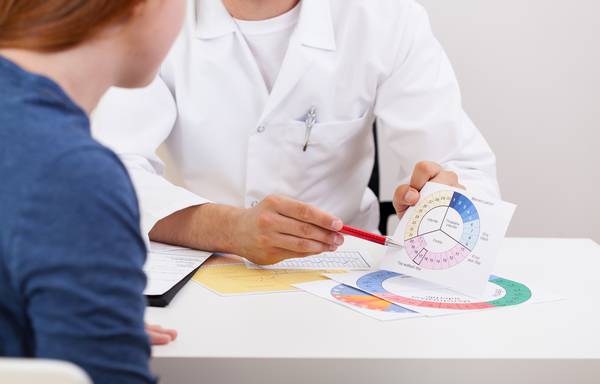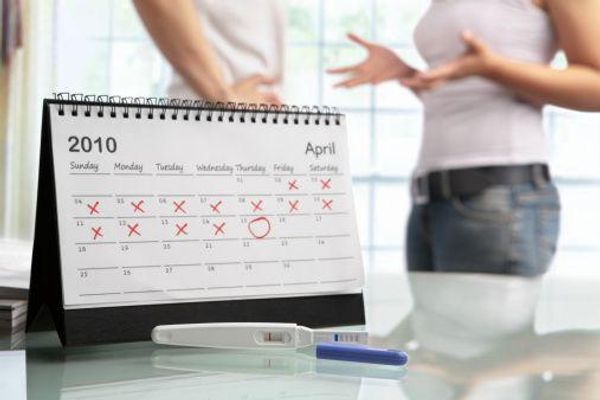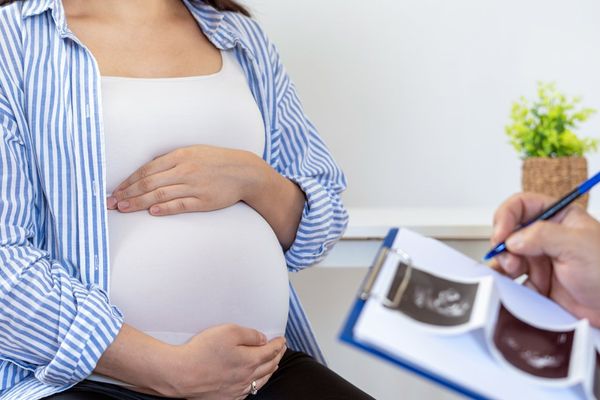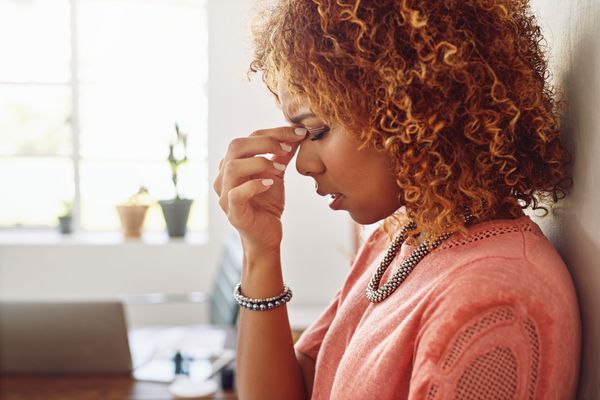For many, getting pregnant is all about timing. When is the best chance for your egg to meet the sperm? When your timing isn't right, you miss your opportunity to get pregnant for that menstrual cycle.
That's when an ovulation calculator—also known as a fertility calculator—comes into play. A fertility calculator can help you discover the length of your cycle and which days of the month you're most fertile. Here is what you'll need to use a fertility calculator:
- The start date and end date of your last menstrual cycle
- The average number of days of your menstrual cycles
- The first date of your last period
Once you provide this info, a window of your most fertile days will display. This fertile window is the optimum time for conception. Want to give it a try?
Besides using a fertility calculator, some other ways to help increase your chances of getting pregnant include the following.
Ensuring that you're a healthy weight: Doing so will help keep your reproductive cycle in balance.
Watching what you eat: Eating unhealthfully has been found as a contributing factor to infertility. Consuming bad foods can make your reproductive cycle irregular to the point that you occasionally ovulate or not at all. Try these fertility-boosting foods.
Staying hydrated: Drink enough water so that your urine is yellow.
Cutting caffeine: High caffeine levels interfere with conception.
Visiting your dentist: Gum disease is linked to underweight and premature babies.
Meeting with your ob-gyn: Speak with your healthcare provide about your health status. He can suggest any lifestyle changes you need to make that can help you get pregnant.
Managing stress: Since trying to conceive can be stressful, aim to manage and reduce tension and anxiety.
Stopping drinking and smoking: Ditch both habits for the sake of your health and your baby's health, too.
After you discover your most fertile days and make any necessary lifestyle changes, here are some other signs of ovulation to consider:
Breast or nipple tenderness, sensitivity or soreness: It's due to the rush of hormones entering your body right before and after ovulation.
Increased sense of smell, taste or sight: Heightened senses can be a sign of ovulation.
Light spotting or discharge: Here, the follicle near the developing egg matures, grows and then ruptures, causing a little bleeding. The blood turns from red to dark brown as it gets older.
Consistent changes in your BBT: Your basal body temperature is your temperature when you're fully at rest. Your nonovulating, normal temperature is 96 to 99 degrees Fahrenheit. But when you're ovulating, it may be a half-degree higher.
Change in your cervical position and firmness: The cervix will be softer, more open and higher to let the sperm through on their way to the egg when you're ovulating.
Change in cervical mucus: You usually ovulate the day you have the most fluid. You're near ovulation or are ovulating if your cervical mucus or fluid looks like stretchy, clear egg whites.
If you're not getting pregnant as fast as you want or hope, consider visiting a doctor. According to the Mayo Clinic, most healthy couples trying to conceive who have frequent unprotected sex become pregnant in a year. If you're older, you may want to get help sooner because fertility decreases with age. The sooner you visit a doctor, the more likely you'll have success with fertility treatments.

